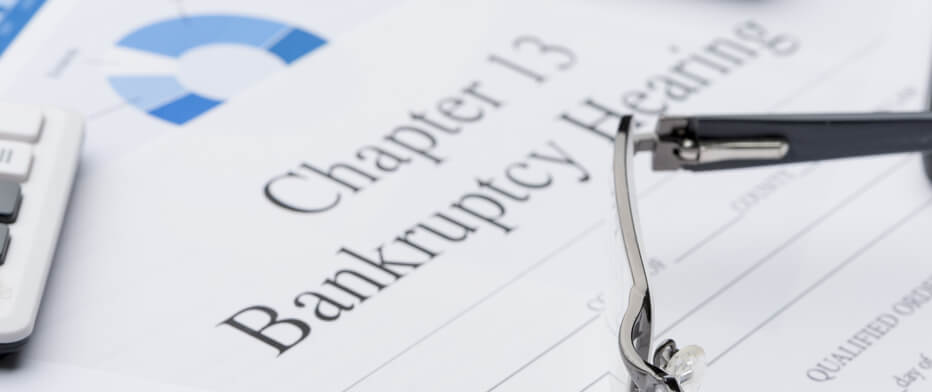What Happens if Chapter 13 Bankruptcy is Denied?


Key Takeaways
- Judges deny 97% of Chapter 13 bankruptcy cases filed without legal representation.
- A judge will dismiss the case when you fail to follow all the rules, provide information, make payments, or submit filings by the deadlines.
- When a judge denies your petition, you lose the protections of the bankruptcy court.
- In many cases, you can achieve debt relief through alternative programs without bankruptcy.
Personal bankruptcy includes Chapter 7 and Chapter 13. Filing Chapter 7 could allow you to eliminate debt without repaying creditors. However, you could lose assets, and you may not qualify if you earn above the median income in your state based on your household size. Chapter 13 is the only bankruptcy available when either of these issues arises.
In Chapter 13, you establish a 3- or 5-year repayment plan a judge must approve. Then you repay creditors based on the plan. At the end of the payment period, a judge reviews the case before discharging the remaining balances on qualified debt.
The challenge is that a judge could dismiss your case anywhere along the way.
Top Reasons Judges Dismiss Chapter 13 Cases
There are many reasons a judge might dismiss a bankruptcy petition. The bankruptcy law is exact, and any misstep can result in a case dismissal. Below are the most common reasons:
- Failing to pay the court fees
- Not preparing for and attending the mandatory meeting of creditors
- Not filing all required bankruptcy forms by the established deadlines
- Not making payments according to the plan
- Not providing the required documentation to the trustee by the deadlines given
- Not proposing a Chapter 13 payment plan that complies with bankruptcy law
- Failing to file annual tax returns
- Failing to submit a copy of tax returns to the trustee annually
In nearly all cases, judges dismiss Chapter 13 bankruptcy petitions because you fail to do something the court requires by the given deadline.
What Happens When a Judges Dismisses a Chapter 13 Petition?
When a judge dismisses your case, you immediately lose the protections of the bankruptcy court. The most widely used protection is the automatic stay that prevents creditors from pursuing collections, filing legal action against you, or enforcing an existing judgment.
Without the automatic stay in place, debt collectors will restart collection efforts. Companies can sue to recover missed payments. And any existing judgments can resume enforcement through garnished wages, account levies, or property liens to collect on past due accounts.
Refiling for Bankruptcy
In some cases, you can immediately refile Chapter 13 to reinstate the automatic stay, provided you can correct the mistakes that resulted in the dismissal. Other times you must complete a waiting period before you can refile. The reason for the dismissal determines whether you can immediately refile.
Other Debt Relief Alternatives
The Chapter 13 bankruptcy is complex, and 97% of people who file without an attorney have their case dismissed without receiving the debt relief sought.
If you currently struggle to pay bills and are considering Chapter 13 or have had your Chapter 13 case dismissed, you may benefit from a debt relief program outside of bankruptcy.
Debt negotiation can reduce the amount owed, allowing you to pay creditors less than the total balance without court oversight. You have more control over your debt relief journey and the amount paid toward debt elimination each month. Negotiating with creditors allows you to expedite payoffs in a way Chapter 13 does not permit. Contact us today to learn more about alternative debt relief programs.
FAQ

REPRESENTATIVE EXAMPLE OF APR
If you borrow $30,000 over a term of 5 years (60 months) with an APR of 4.99% you will pay $566.00 each month. The total amount payable will be $33,959.97, with total interest of $3,959.97.
ANNUAL PERCENTAGE RATE (APR)
Annual Percentage Rate (APR) represents the annualized interest rate you are charged for borrowing. It is the combination of the nominal interest rate and some additional costs such as fees involved when incurring debt. Our lender offers APRs for personal loans, cash advance loans, installment loans and debt consolidation loans from 4.99% to 35.99%. Since New Start Capital does not directly issue loans, we cannot deliver any specifics or guarantee the APR you will be offered. The APR depends solely on your lender’s decision, based on various factors including your credit score, credit history, income, and some other information you supply in your request. For more information regarding the APR contact your lender.